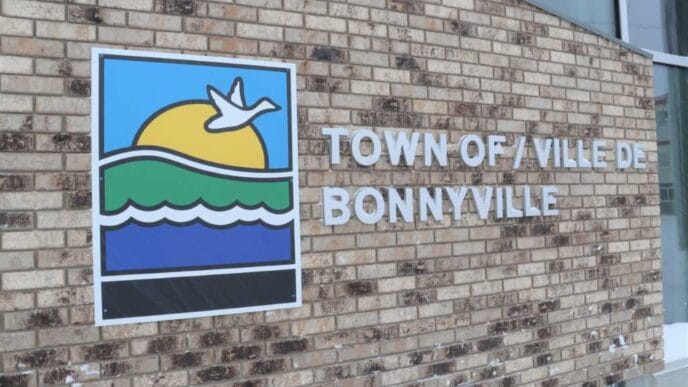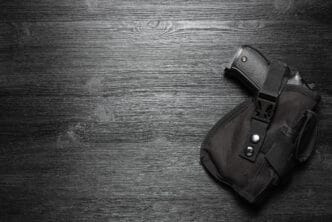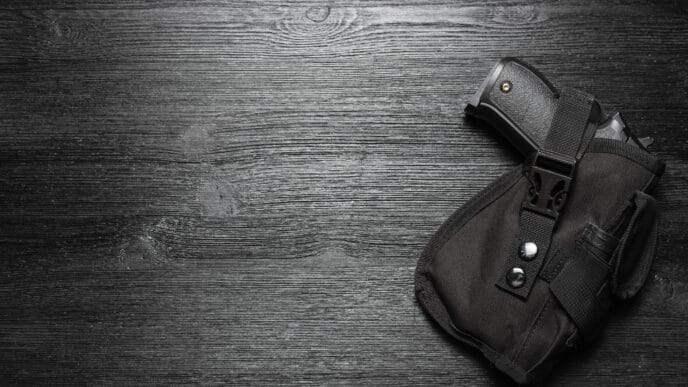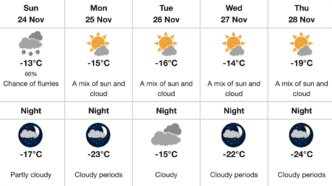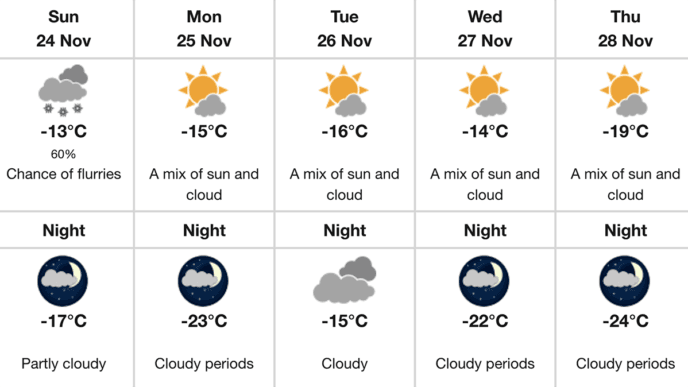As I continued my historical research, I came across a gruesome moment in Battleford’s past. On Nov. 27, 1885, eight men were executed by hanging.
The story begins with a series of battles known as the North-West Resistance.
The resistance, also referred to as the North-West Rebellion, was a violent five-month insurgency against the Canadian Government. The battles were fought mainly by Métis and their First Nations allies in the then Northwest Territories. Indigenous people in Canada were frustrated with the Canadian government. A very simplified retelling of what was transpiring at the time.
The then Prime Minister, John A Macdonald, was using food to control the indigenous population. Nearly starving the populous but never letting them succumb to starvation.
A vital component of the story is Chief Poundmaker, whose Cree name is Pitikwahanapiwiyin. He was largely regarded as a peacemaker, but a small faction of his band participated in the North-West Resistance, which led to his arrest.
Poundmaker’s most notable peacemaking efforts followed the Battle of Cut Knife. Though Poundmaker did not participate in the armed conflict, he convinced the warriors that did to not chase the retreating army.
When Poundmaker heard of the Métis’ defeat at Batoche, Poundmaker travelled to Battleford to surrender where he was subsequently arrested.
What we now know through historical accounts is, Poundmaker was not part of the armed conflict and sought to stop the battles and bloodshed working as a peacemaker. At the time of his trial, the court didn’t believe his plea of not guilty by the reason of his work as a peacemaker and instead found him guilty of treason, sentencing him to three years in prison.
Poundmaker died shortly after his release from prison, he was reported to be poor in health and broken in spirit.
In 2019 Prime Minister Justin Trudeau exonerated Poundmaker of the crime of treason-felony in 1885.
Stemming from the resistance, many were tried, some facing jail sentences like Poundmaker and Plains Cree chief Mistahimaskwa (Big Bear), while eight were to be hung.
Students from the Battleford Industrial School were taken out of the school to watch the hangings.
Their names were Kah – Paypamahchukways (Wandering Spirit), Pah (Walking the Sky), Manchoose (Bad Arrow), Kit-Ahwah-Ke-Ni (Miserable Man), Nahpase (Iron Body), A-Pis-Chas-Koos (Little Bear), Itka (Crooked Leg), and Waywahnitch (Man Without Blood).
The hanging of these eight individuals left a horrific mark on the area and lives as a dark reminder of Canada’s mistreatment of its Indigenous population.
I’d like to say we’re more progressive in the modern day, but we aren’t. Like many others, I grew up in Canada completely unaware of such events. To see how the Prime Minister at the time spoke and interacted with the various Indigenous groups is disgusting.
We cannot learn if we never look back, we cannot grow if we don’t learn from our mistakes. Moments like these in history, though terrible, serve as a reminder that we must learn and move forward.
Read more: Opinion: Violence, chickens and networking
Locally owned and community driven, the Lloydminster Meridian Source is the online news source in the Border City. Whether it’s breaking news, features or sports, if you have questions about what’s going on around town, Source it with us.
Since online platforms no longer support the sharing of news, we encourage you to bookmark meridiansource.ca. Whether you’re having a coffee or enjoying a meal, check in any time for the most up-to-date news in Lloydminster.






